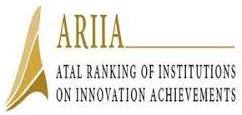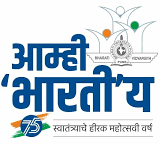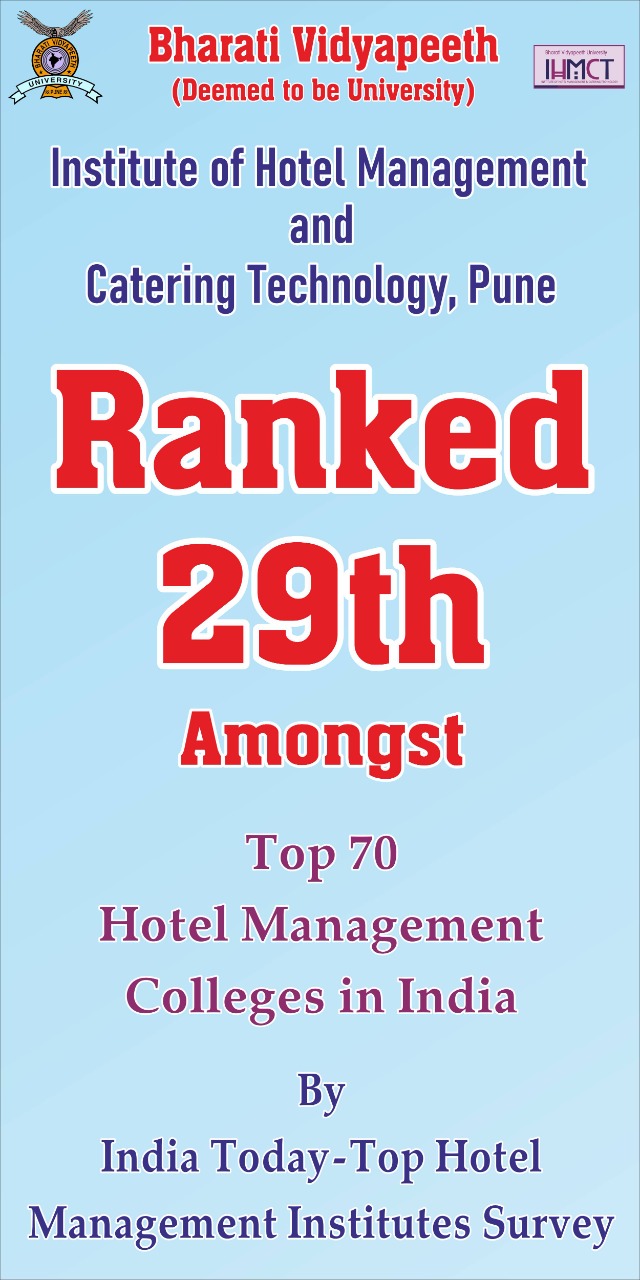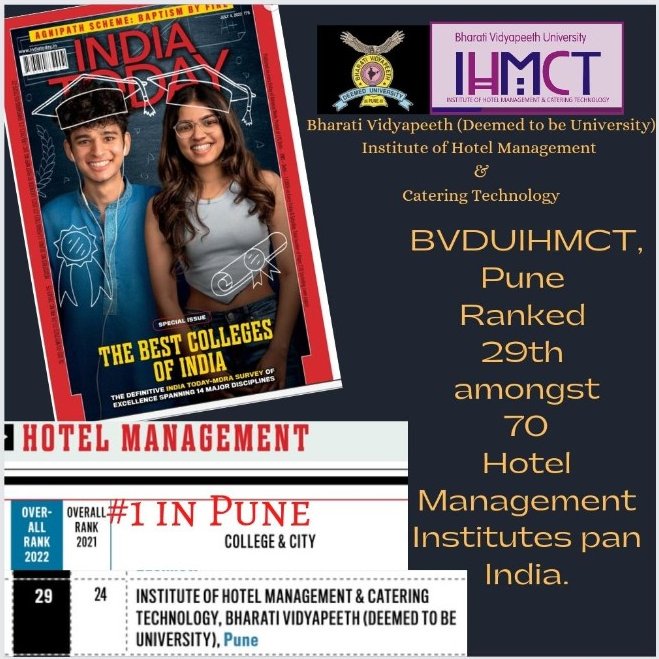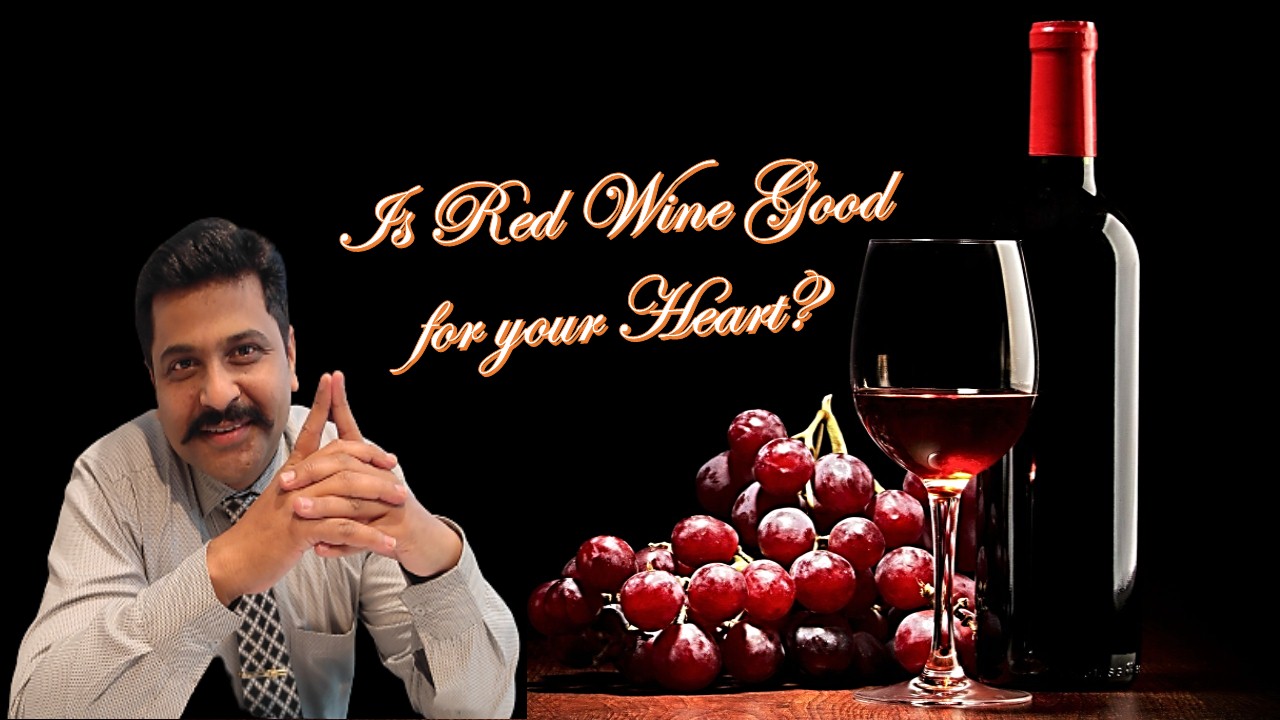
Have you ever topped off your glass of cabernet or pinot noir while saying, “Hey, it’s good for my heart, right?” This widely held impression dates back to a catchphrase coined in the late 1980s: the French Paradox.
The French Paradox refers to the notion that, considering their fondness for cheese and other rich, fatty foods, drinking wine might explain the relatively low rates of heart disease among the French. This hypothesis helped spur a host of beneficial plant compounds known as polyphenols to be discovered. Theoretically, polyphenols, present in red and purple grape skins (as well as many other grapes, vegetables, and nuts), clarify the heart-protecting properties of wine. Another argument stems from the fact that red wine appears in the Mediterranean diet, an eating trend shown to fend off heart attacks and strokes.
However, the evidence that drinking red wine in particular (or alcohol in general, for that matter) can help you avoid heart disease is pretty weak. All of the evidence suggesting that individuals drinking moderate levels of alcohol have lower rates of heart disease is observational. Such research, only correlations, do not show cause and effect,
Moderate drinking - defined as one drink per day for healthy women and two drinks per day for healthy men - is widely considered safe. But to date, the health effects of alcohol have never been tested in a long-term, randomized trial.
Grape expectations
Although some studies suggest wine is better for the heart than beer or hard liquor, others do not, according to a review article about wine and cardiovascular health in the Oct. 10, 2018, issue of Circulation. “In many cases, it’s difficult to tease out the effect of drinking patterns from specific types of alcoholic beverages,”. For example, people who drink wine are more likely do so as part of a healthy pattern, such as drinking a glass or two with a nice meal. Those habits - rather than their choice of alcohol - may explain their heart health.
Also, the French Paradox may not be so paradoxical after all. Many experts now believe that factors other than wine may account for the observation, such as lifestyle and dietary differences, as well as earlier underreporting of heart disease deaths by French doctors. What’s more, , heart disease rates in Japan are lower than in France, yet the Japanese drink a lot of beer and clear spirits, but hardly any red wine.
Resveratrol reservations
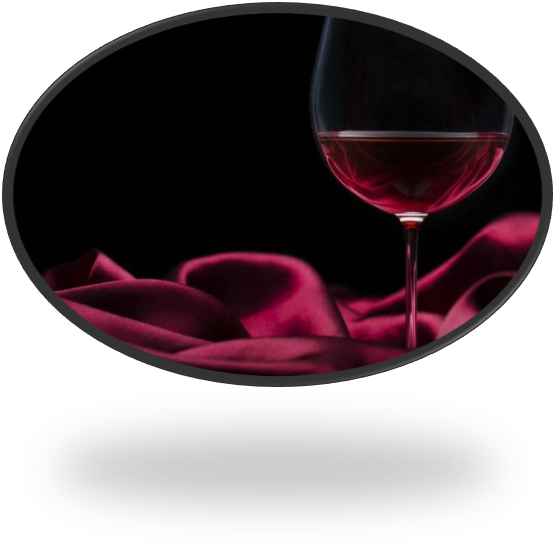
What about the polyphenols in red wine, which include resveratrol, a compound that’s heavily advertised as a heart-protecting and anti-aging supplement? Research in mice is compelling. But there’s zero evidence of any benefit for people who take resveratrol supplements. And you’d have to drink a hundred to a thousand glasses of red wine daily to get an amount equivalent to the doses that improved health in mice, Also, a 2014 study of older adults living in the Chianti region of Italy, whose diets were naturally rich in resveratrol, found no link between resveratrol levels (measured by a breakdown product in urine samples) and rates of heart disease, cancer, or death. As for the Mediterranean diet, it’s impossible to know whether red wine is an important part of why that eating style helps reduce heart disease.
Be sure to restrict yourself to moderate amounts if you are enjoying red wine. In the glass that you usually use, weigh 5 ounces (which is equivalent to one serving). In a big goblet, five ounces seems smaller than in a regular wine glass. Older men should also be mindful that both the National Institute of Substance Addiction and Alcoholism and the American Geriatric Society say that men should restrict their consumption of alcohol to no more than one drink a day beginning at age 65. Shifts linked to age, Including a decreased capacity to metabolize alcohol, the possibility of higher levels irrespective of gender.
Author
Prof. Dr. Sagar H. Mohite
Associate Professor
Ph.D., M.Tech. , B.Tech.,
BarSmart & BarStart Certified from Pernod Ricard, USA.

